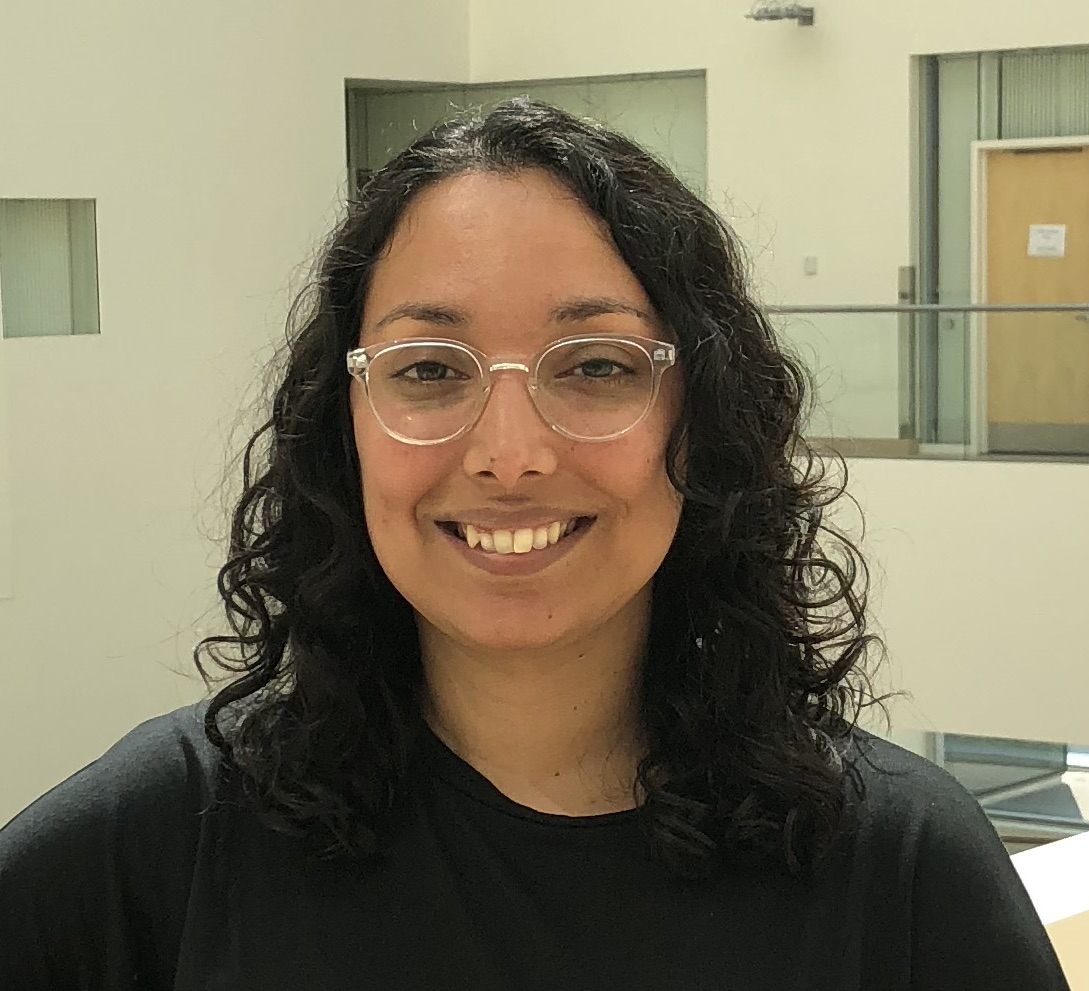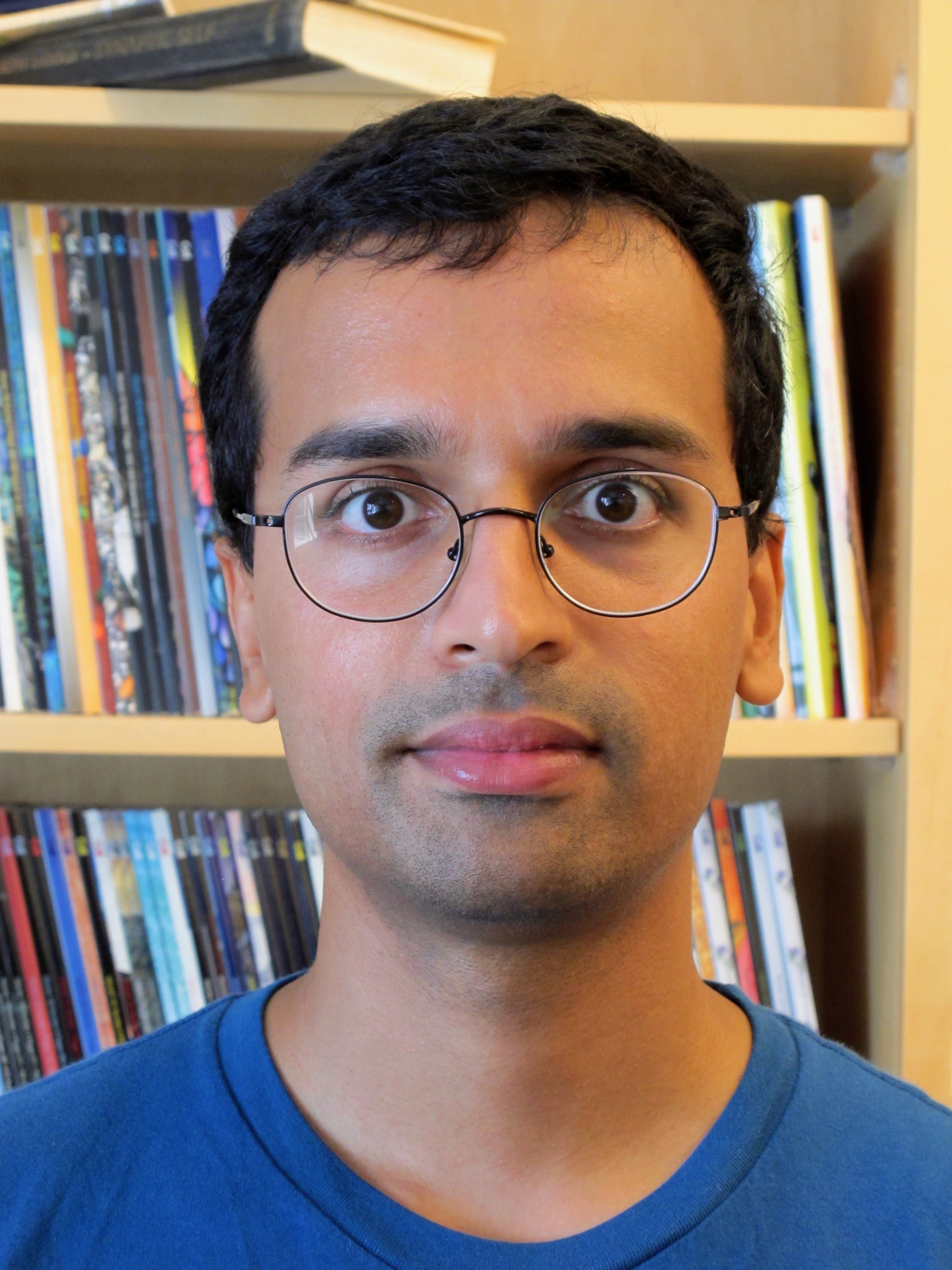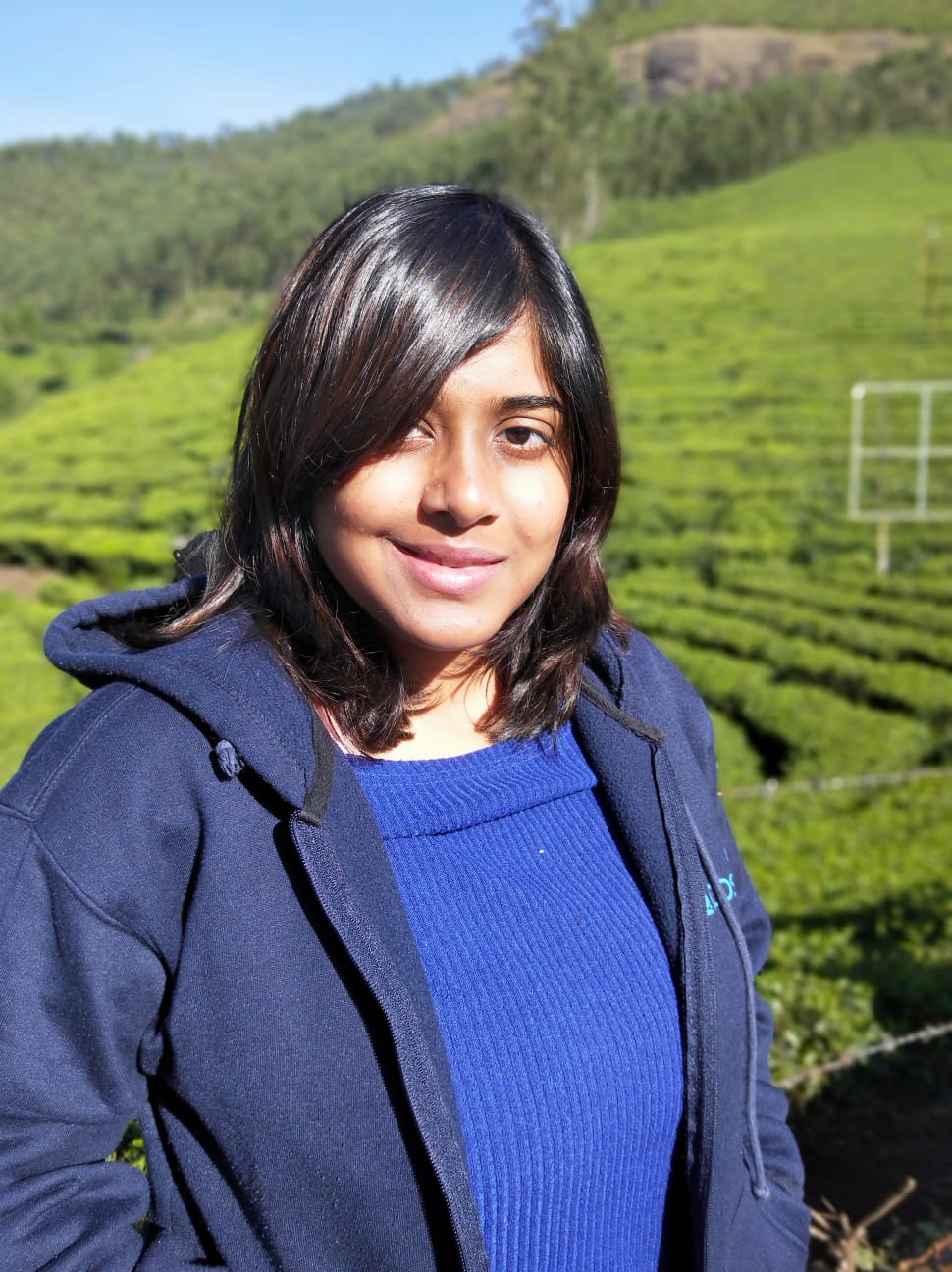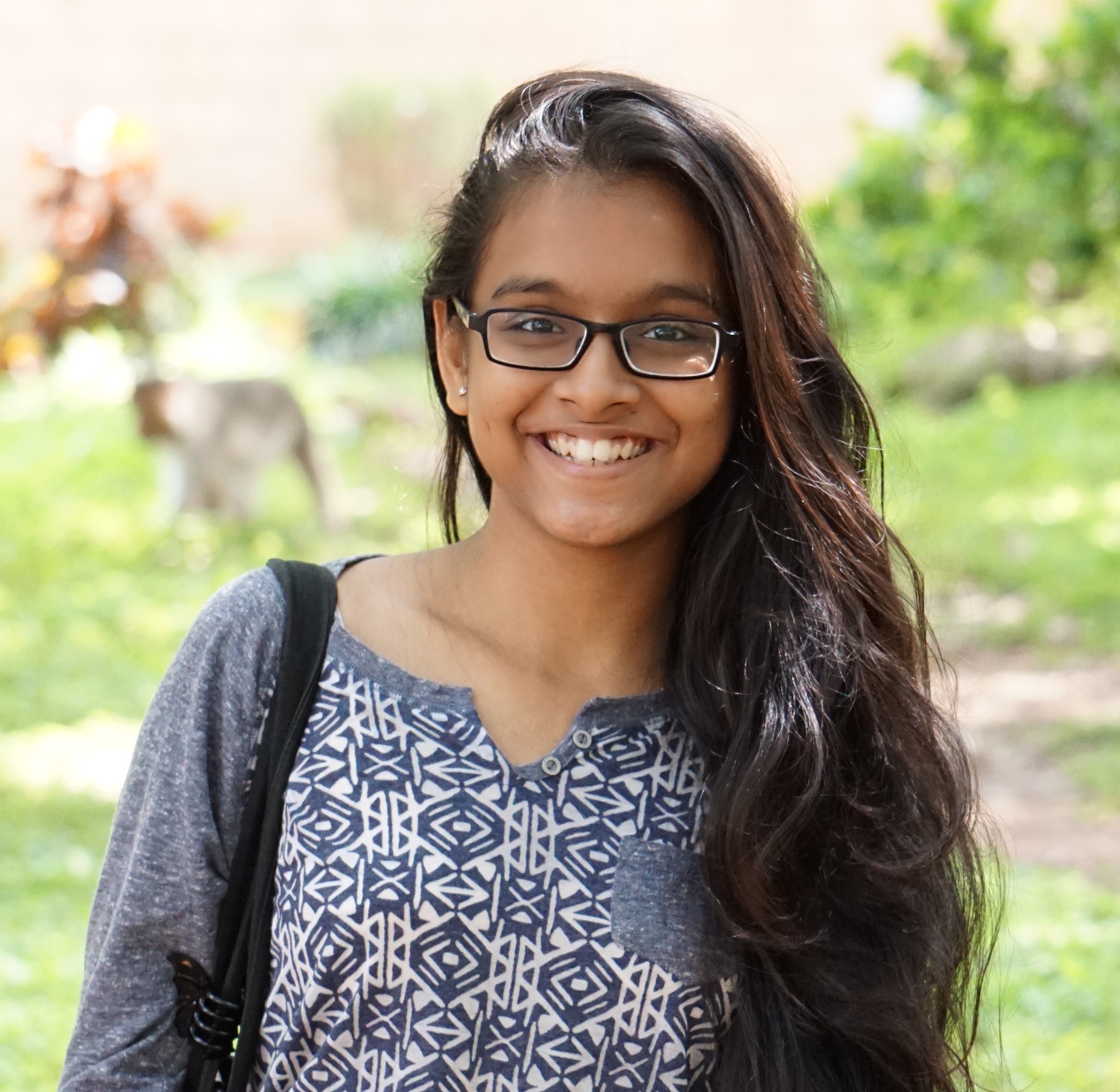
Documenting gender representation and combatting gender-biased panels in Indian conferences, meetings and talks
Indian Science is suffering from a lack of women voices and representation. Women scientists are regularly excluded from science conferences, talks and awards. To address this systemic problem, BiasWatchIndia will work to thoroughly document the gender ratio of speakers in such gatherings and compare it to the base rate of women in a scientific field.
Funding: Supported by an EMBO Young Investigator grant awarded to Vaishnavi Ananthanarayanan
Founders:

Vaishnavi Ananthanarayanan (@VaishAnanth) is a Group Leader at the EMBL Australia Node in Single Molecule Science, University of New South Wales, Sydney. Prior to her move to Australia, she was an Assistant Professor at the Centre for BioSystems Science and Engineering, Indian Institute of Science, Bangalore. Her lab develops and employs light microscopy and image processing techniques to better understand processes mediated by the cytoskeleton and associated proteins in living cells, with the aim of deciphering how stochastic and rare-statistics events give rise to complex cellular organization. Learn more at https://sms.unsw.edu.au/vaishnavi-ananthanarayanan

Shruti Muralidhar (@polybiotique) is a neuroscientist and science communicator. By day, Shruti works at Deep Genomics looking at RNA and AI for drug development. Previously, she was a postdoctoral researcher at the Picower Institute for Learning and Memory at MIT and worked on learning and memory. She is a founding member of IndSciComm along with Abhishek Chari, and IndSciComm is a collective formed to improve scientific awareness in India and help Indian researchers interact with the public. Learn more at https://indscicomm.blog/
Advisors:

Abhishek Chari is a freelance science communicator and editor. He is a founding member of IndSciComm, a collective formed to improve scientific awareness in India and help Indian researchers interact with the public. Through IndSciComm, he continues to produce popular science communication across various media formats and languages, with a current focus on making science podcasts.
In his previous role as a science writer at MIT’s Picower Institute for Learning and Memory, he contributed to donor engagement and fund raising for neuroscience research. Christening a new bacterium, studying symbionts and helping teach cell biology are some of the things he did at the University of Utah, before his foray into science writing. His love for science fiction and his undergraduate education in biomedical sciences inform his interest in exploring how science and society are inextricably linked.
Volunteers:

Leeba Ann Chacko (@LeebaAnnChacko) graduated with a B.E. in Biotechnology from MSRIT, Bangalore. She is a Junior Research Fellow in the Cytoskeleton and Motors Lab headed by Vaishnavi Ananthanarayanan and is involved in several intricate projects involving fission yeast microtubules, mitochondria, actin and mitosis.

Mitali Shah (@mitaliakshah) holds a B. Tech. in Biotechnology from VIT, Vellore and is a PhD student in the Cytoskeleton and Motors Lab. With her work, she hopes to tease apart interactions between microtubules and mitochondria in the context of neurodegeneration.

Joel P Joseph (@joelpalpath) graduated with a B. Tech. in Biotechnology from Sir MVIT, Bangalore and M. Tech. in Genetic Engineering from SRM, Chennai. He is currently a PhD student in the Cytoskeleton and Motors Lab. Joel aims to understand how mitochondrial function is affected by perturbation of the cytoskeleton.

Harsh Kumar (@h_rshk) did a BS/MS dual degree in Physics from IISER Bhopal and is now a PhD student in the Cytoskeleton and Motors Lab. For his thesis, he is taking on the complex question of how pore-forming toxins (PFTs) assemble and how cells infected with PFTs respond to the infection.
